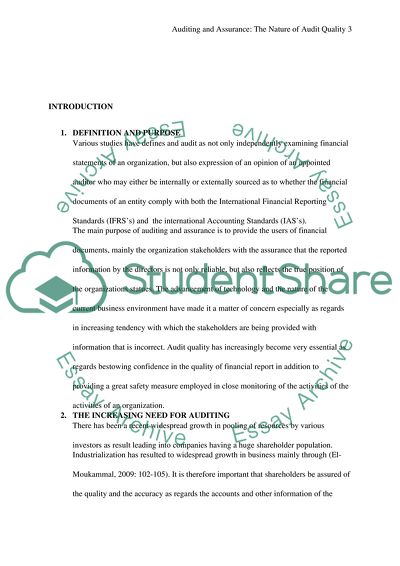Cite this document
(Auditing and Assurance the Nature of Audit Quality Book Report/Review, n.d.)
Auditing and Assurance the Nature of Audit Quality Book Report/Review. Retrieved from https://studentshare.org/finance-accounting/1813318-audit-and-aussaurance
Auditing and Assurance the Nature of Audit Quality Book Report/Review. Retrieved from https://studentshare.org/finance-accounting/1813318-audit-and-aussaurance
(Auditing and Assurance the Nature of Audit Quality Book Report/Review)
Auditing and Assurance the Nature of Audit Quality Book Report/Review. https://studentshare.org/finance-accounting/1813318-audit-and-aussaurance.
Auditing and Assurance the Nature of Audit Quality Book Report/Review. https://studentshare.org/finance-accounting/1813318-audit-and-aussaurance.
“Auditing and Assurance the Nature of Audit Quality Book Report/Review”, n.d. https://studentshare.org/finance-accounting/1813318-audit-and-aussaurance.


